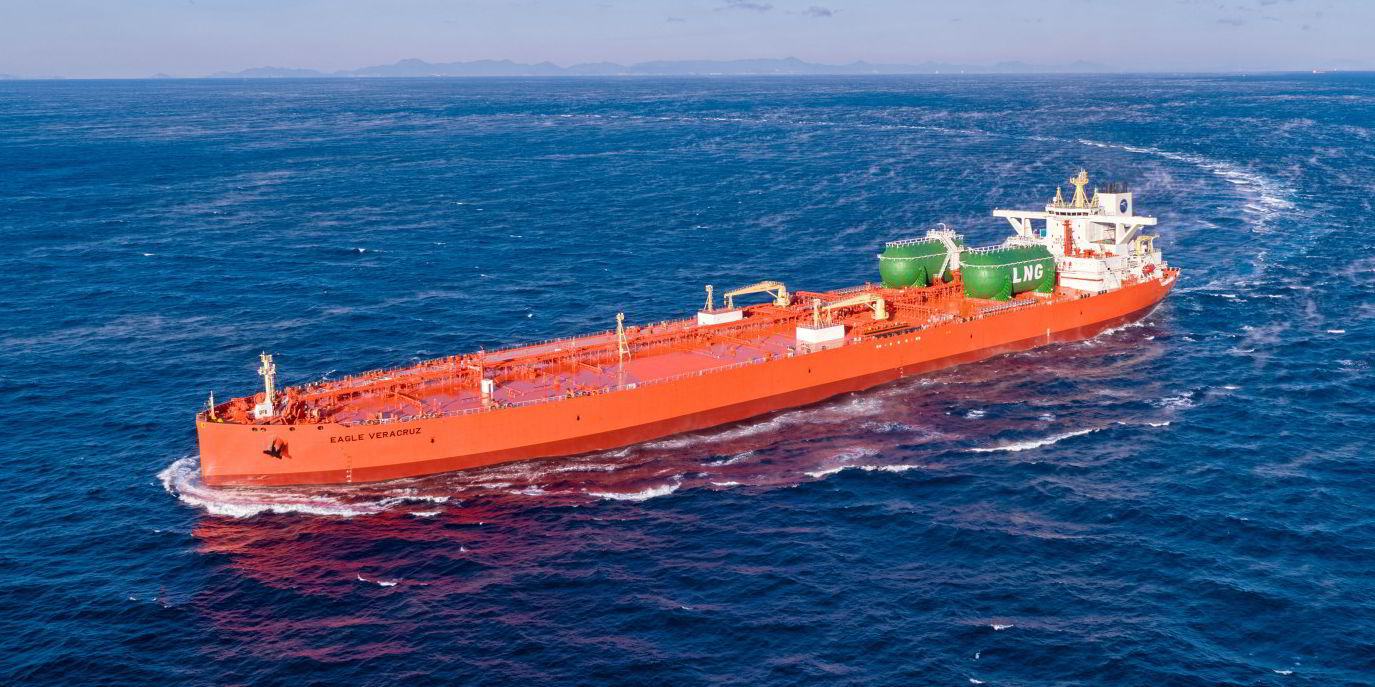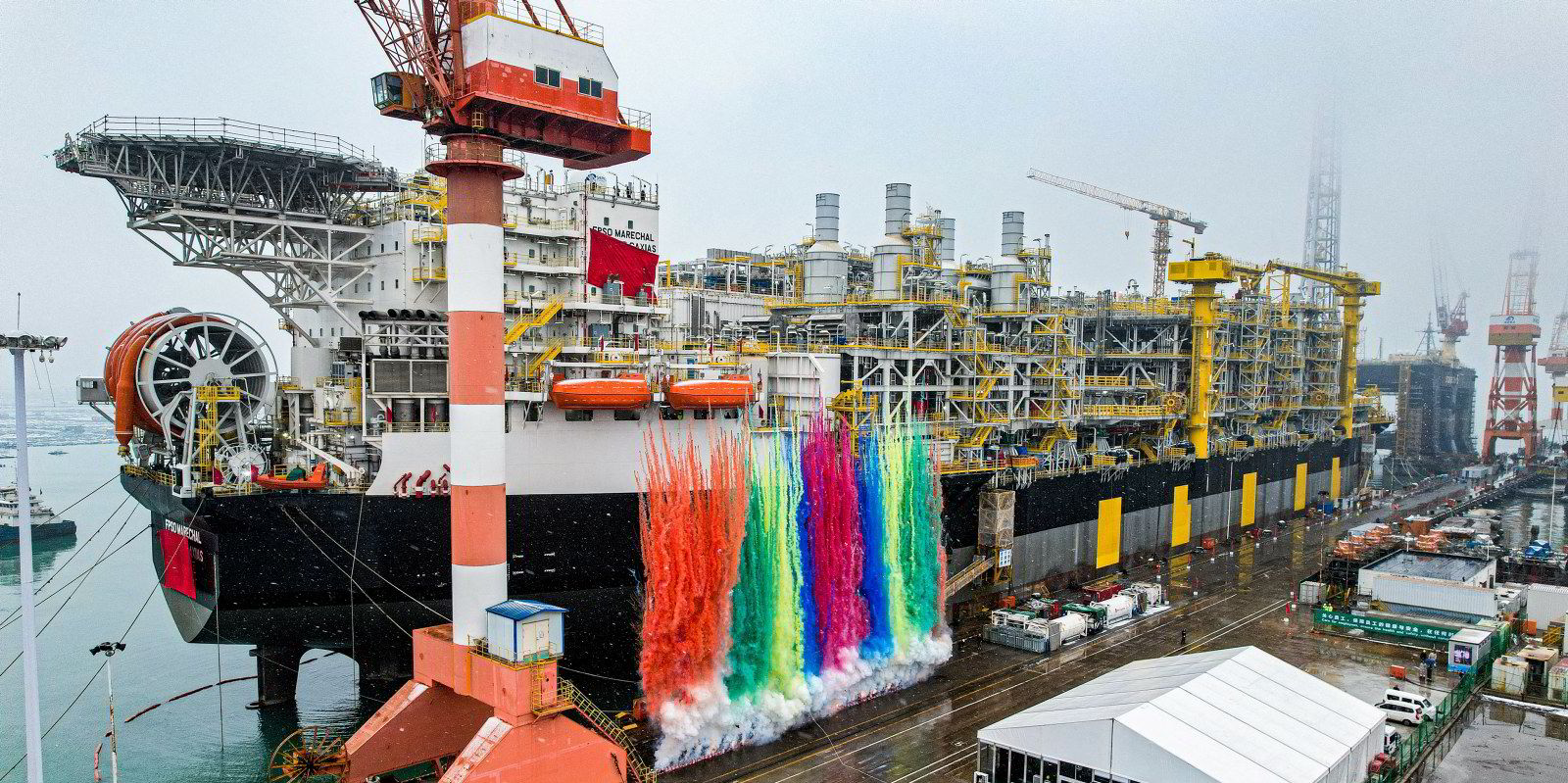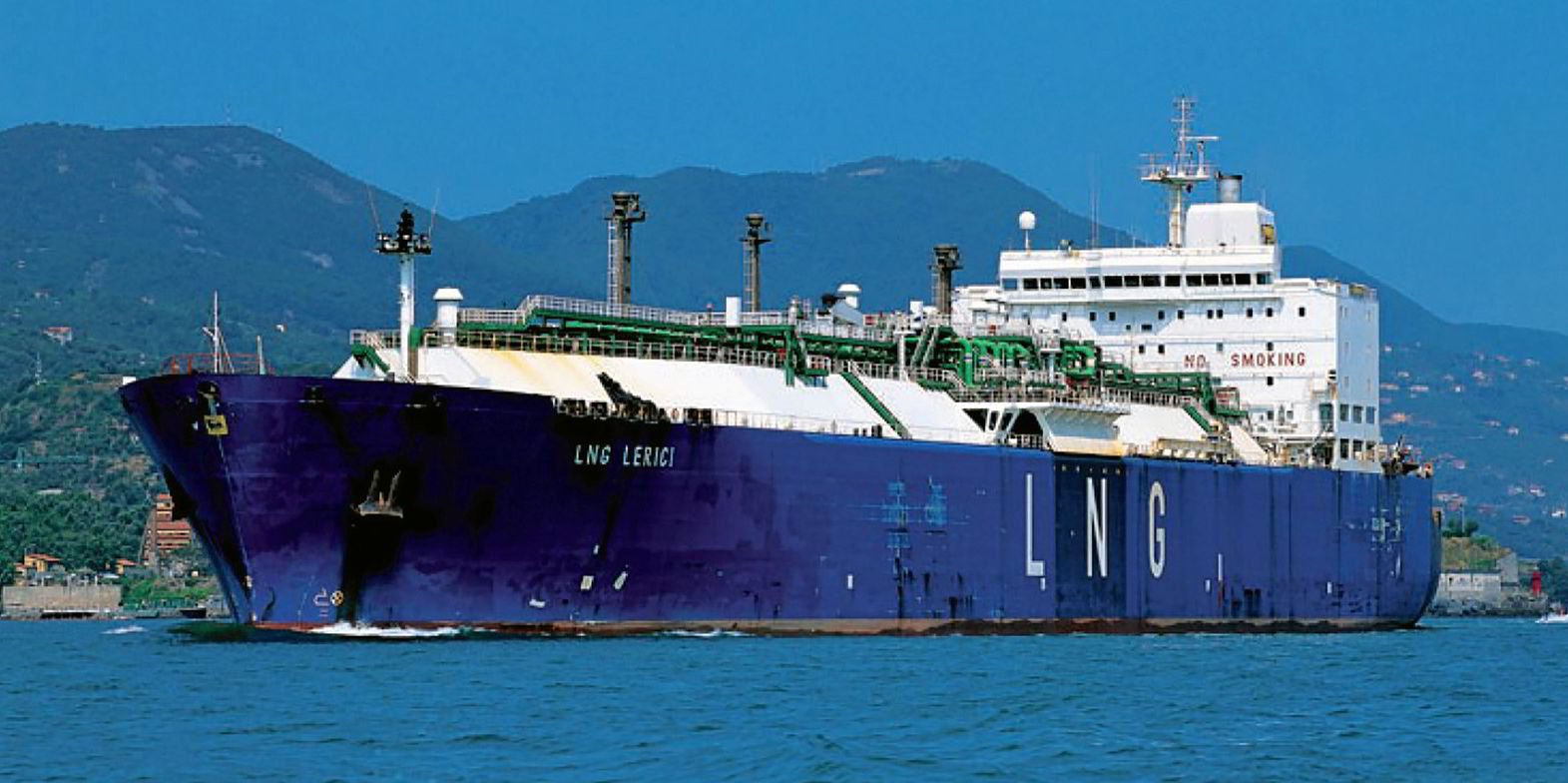Malaysia’s MISC Berhad has reported a modest dip in fourth-quarter net profit on the back of higher operating costs and taxes.
The tanker, LNG and offshore vessel owner and operator made MYR 627.3m ($131.7m) for the three months ended 31 December versus MYR 651.1m 12 months earlier.
Revenue for the quarter edged up 2.5% to MYR 4.28bn. However, operating costs were up almost 11% year on year to MYR 3.17bn.
Revenue for MISC’s tanker arm for the quarter was MYR 1.38bn — comparable to the corresponding quarter’s revenue.
However, operating profit of MYR 422.7m was up almost 5% from a year ago mainly because of the impact of the weakening of the Malaysian ringgit versus the US dollar.
Revenue at its LNG carrier arm rose 9% year on year to MYR 875.6m, principally from higher charter rates, while operating profit was down 26%, mainly due to higher vessel operating costs.
MISC said market rates for the petroleum shipping segment have remained firm, with average rates showing further escalation in the final quarter of 2023, despite a seasonal decline in December.
“Tight oil supply is anticipated through the first quarter of 2024 with the recent implementation of new Opec+ output cuts,” it said.
“Nevertheless, the near-term outlook remains positive, supported by strong Atlantic exports and increased crude imports to Asia, and potentially higher tonne-mile demand due to shifts in trade patterns following the Red Sea crisis.”
In the LNG shipping segment, MISC said that despite a sharp decline in December because of a mild winter and European inventory build-up, spot rates remained elevated compared with historical levels.
“In the near term, softer market conditions are expected due to firm LNG fleet capacity growth. However, prospects remain positive, driven by Asia’s LNG demand and increasing investments in LNG infrastructure,” it said.
“Additionally, tight vessel availability due to stricter environmental regulations requiring lower average vessel speed and retrofit timeouts, and canal disruptions at Suez and Panama will potentially boost LNG tonne-mile demand.”






